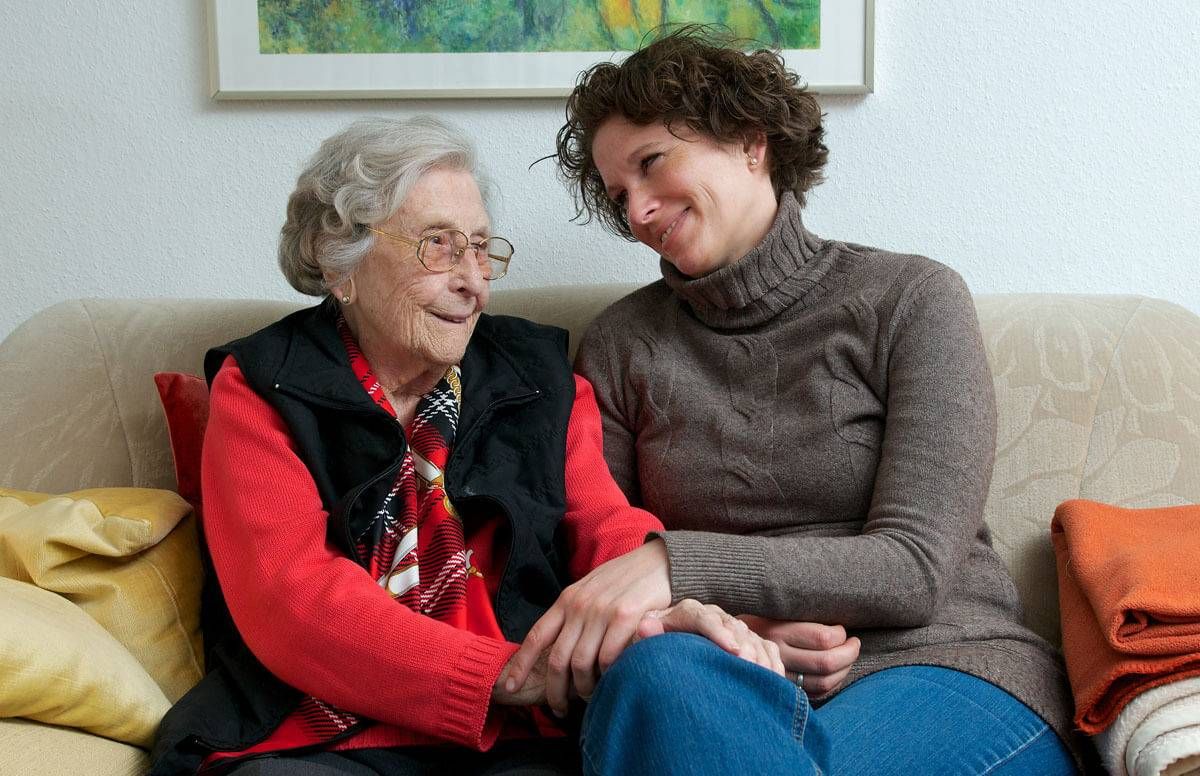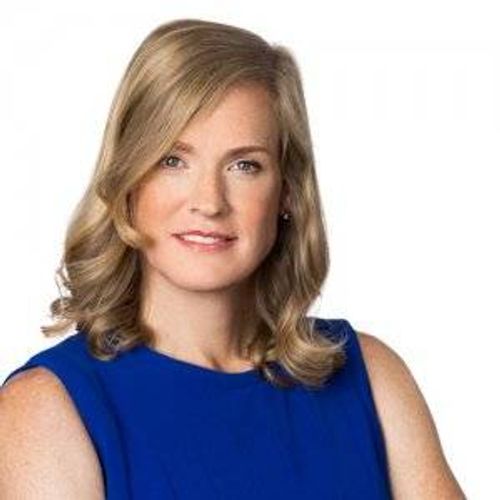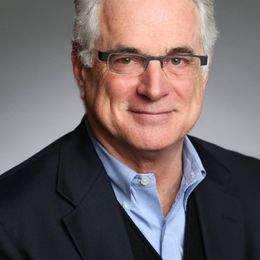Danger Ahead: Privacy Concerns With High-Tech Caregiving Devices
A cautionary alert about gadgets designed to keep older adults safe
One of the most exciting sectors in the elder care market is the technology industry moving into the caregiving business. High-tech devices and support services are being built around smartphones, voice-activated devices, artificial intelligence (AI) and the Internet of Things — web-enabled sensors in everything from toilets to the refrigerator.

The promise in the innovations spawned by the emerging digital caregiving ecosystem (largely centered in the home) is powerful. But so are the privacy perils.
And based on recent experience and the potential dangers ahead, policymakers and consumers will need to rally behind the cause of tough national digital privacy guardrails.
Heightened Privacy Concerns for High-Tech Caregiving Products
“The technologies are amazing,” says Vivienne Ming, neuroscientist, entrepreneur and founder of the independent think tank Socos Labs in Berkeley, Calif. But when it comes to privacy issues, Ming says, “everything we are thinking about for the rest of us, run it up to 11 or maybe 15. Because we become more vulnerable with time.”
"If I'm an elder, will my daughter know if I'm in the bathroom?"
One example: Chris Holbert, CEO of SecuraTrac, a mobile health and safety solutions company, says there’s a security flaw in the design of some GPS trackers and personal emergency response devices (PERS) that could put the safety and security of older adults at risk.

Researchers, he says, have found the devices can be tricked into turning over real-time locations by anyone sending a text message with a keyword. What’s more, anyone can call the device and remotely listen in to its built-in microphone. AI-product manufacturers can take steps to eliminate the threat, but “I think it will be specific to the supplier,” Holbert says. “Some tech companies will take it seriously and some will move much slower.”
Think about this, too: There is something disconcerting about the Alexa news report that when people talk to their AI device, their questions can be reviewed by a global team at Amazon. The goal is to improve the Alexa, but the prospect also signals how voice-activated devices in the future might be abused by less than blue-chip organizations.
Racing Into the Elder Care Market
The future is coming soon, since tech companies are now racing into the elder care market:
- Best Buy bought GreatCall last year for $800 million and management is putting more resources behind its mobile devices and support services for older adults living at home.
- In 2017, Europe’s Generali Group, the world’s third largest insurer, purchased CareLinx and its platform letting families use digital technology to find and manage professional caregivers while overseeing their parents’ care.
- Lately, entrepreneurs are finding venture capitalists more willing to fund high-tech enterprises targeted at older Americans and caregiving than a few years ago.
“You have seen more and more innovations showing up,” says Oz Krakowski, co-founder and chief marketing officer of Kytera, a startup focusing on technologies for older adults. “This past year. tremendous new innovators are coming in.”
What's Behind the Frenzy
The economics are compelling. The number of Americans age 65 and older continues to rise, with some 10,000 boomers celebrating their 65 birthday daily until 2030. Since long-term care facilities are too expensive for most middle-income households, family members provide the bulk of care to aging parents and most find monitoring their health difficult. That’s especially true if the grown children don’t work and live nearby.
Animating the investment surge is the strong desire among older adults to age in place, living independently at home for as long as possible. “These [AI caregiving] systems can make life easier, to monitor the elderly, their physical and mental health,” says Ming.
The advanced digital technologies allow family members to remotely monitor parents and their caregivers. The connections forged by high-tech gear can alleviate social isolation and loneliness.
To be clear, entrepreneurs in the caregiving market have emphasized and reinforced the importance of privacy and cybersecurity. They’ve known that reassuring customers about privacy was key to gaining customer trust and building the business.
The Privacy Worry
The worry is how privacy concerns will increase as more businesses and organizations with different levels of expertise and business models enter the high-tech elder care market.

“Privacy is important,” says Florian Schaub, professor in the School of Information at the University of Michigan. “What data do they collect and what do they do with the data?”
A small but telling example of this concern comes from Geoffrey Fowler, technology columnist for The Washington Post. He recently learned that while he was asleep and the screen on his iPhone was off, his apps were beaming out information about him to a dozen marketing companies, research firms and other personal data guzzlers without his knowledge.
Krakowski’s company, Kytera, offers a remote monitoring system for older people living at home that automatically detects emergency and distress situations. The system consists of a wristband and sensors. Kytera uses machine-learning algorithms and sensing technologies to provide context so if an aging parent gets down on the floor to look for something, it doesn’t read this as a fall.
How Much Should Family Members Know?
But this raises another difficult privacy issue, notes Krakowski: How much should family members know about what their parents are doing?
"If I am an elder, will my daughter know I am in the bathroom?” asks Krakowski. “The real challenge is how to offer solutions that don’t violate day-to-day privacy, but still able to deliver a value proposition.”
Look at it this way; America’s fastest growing industry is data extraction about you and me. The business of gathering and analyzing our personal information may be dominated by high-tech titans like Google, Facebook and Amazon, but plenty of other companies are major players, from credit bureaus to health data firms. The think tank Future Majority calculates that the personal information data extraction industry revenues totaled $76 billion in 2018 and will reach nearly $198 billion in 2022.
Designing Privacy Standards for High-Tech Caregiving
The demand for tough privacy regulations and initiatives has grown in recent years (think Facebook). The need is imperative when it comes to safely wiring our parents and older loved ones. But what would it mean for the high-tech caregiving industry to take the lead designing and supporting tough privacy standards?
Personally, I’d love to see the creation of a Digital Consumer Privacy Protection Bureau for the Aged modeled along the lines of the Federal Reserve or the Centers for Disease Control and Prevention.
At a minimum, the industry should allow customers to opt in for data collection and publish clear statements on how any collected personal data will be used. Data collectors should also pay for our data.
Initiatives along these lines will help high-tech innovators live up to the caregiving promise they’ve made and keep the digital dark side at bay among vulnerable older adults.


